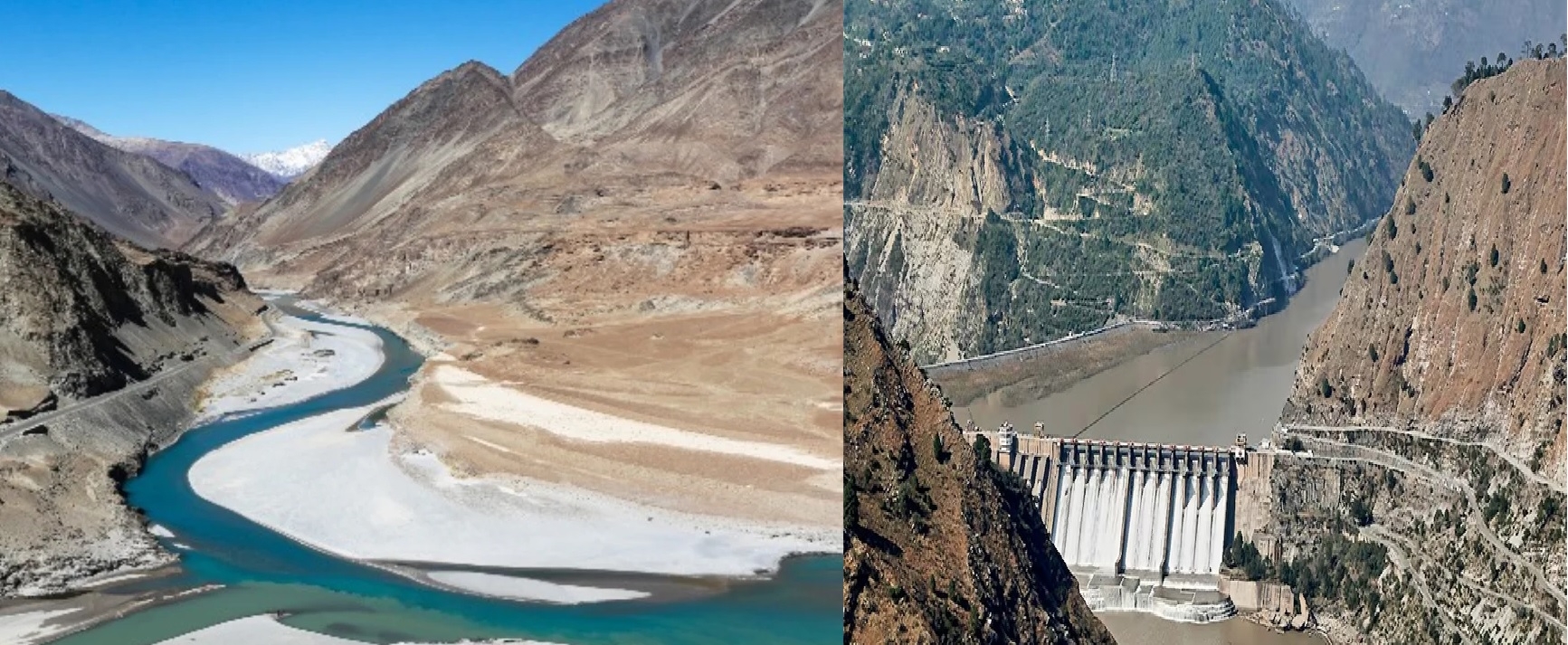Indus Waters Treaty Suspended Will severely hit Pak’s agricultural economy: Experts
| Date :25-Apr-2025 |

NEW DELHI ;
INDIA’S suspension of theIndus
Waters Treaty (IWT) could have
serious repercussions for
Pakistan’sagriculturaleconomy,
disrupting crucial water data
sharing and reducing flows during key crop seasons, experts
havewarned.Long-termimpact,
however,dependsonIndia’sability to quickly develop the infrastructure required to utilise its
full share of the Indus basin’s
western rivers -- a process that
could take a decade, they said.
Experts have pointed to the
legal constraints of the agreement,India’s geographic advantageastheupstreamcountryand
the potentially-severe economic fallout for Pakistan.
Himanshu Thakkar of the
South Asia Network on Dams,
Rivers and People (SANDRP)
said, “The treaty has no provisionforunilateralsuspension.
We
have several projects underway
intheChenabbasinthatwilltake
five to seven years to complete.
Until then, water will continue
to flow to Pakistan by gravity.
Oncetheseareoperational,India
will have control mechanisms
that currently do not exist,”
Thakkar told PTI.
ShripadDharmadhikary,environmental activist and founder
of Manthan Adhyayan Kendra
cautionedagainstassumingthat
India could rapidly divert water
flows. “At present, we lack the
major infrastructure needed to
stop water from flowing into
Pakistan,”hesaid.“Constructing
suchsystemswouldtakearound
a decade and could be viewed as
an act of war.”
P K Saxena, former Indian
commissioner for Indus waters
said that India should respond
strategically by accelerating
development on western rivers,
engaginginproactivetreatyrenegotiations,challengingPakistan’s
selective interpretations.